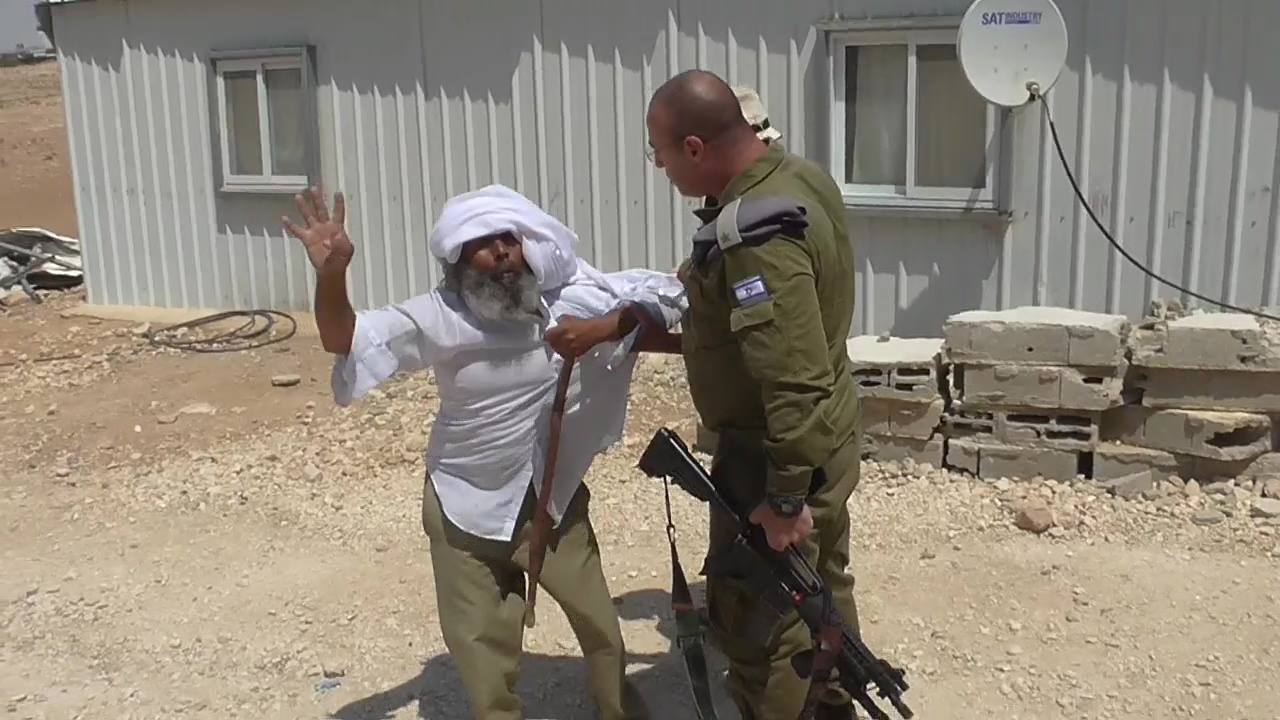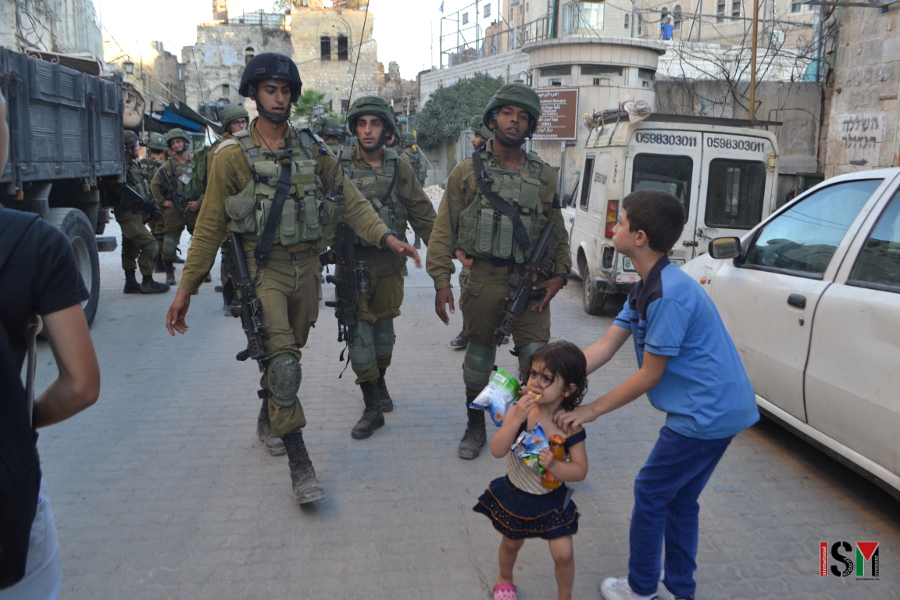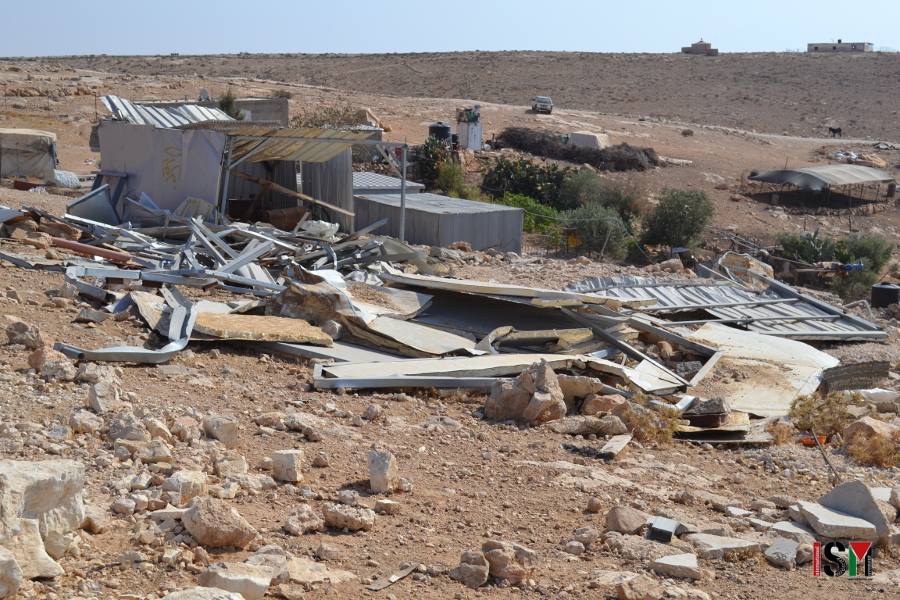Tag: International law
-
Update: Umm Al-Kheir: soldier attacks elderly man
23rd August 2017 | International Solidarity Movement, al-Khalil-team | Umm Al-Kheir, occupied Palestine In the demolition threatened village, Umm Al-Kheir, in the south Hebron Hills, a military truck of the occupation forces arrived in the village to check buildings for potential demolitions. Suliman Eid Hathaleen, a 70-year old resident tried to stop them, but was violently…
-
Three children arrested in occupied Hebron
23rd August 2017 | International Solidarity Movement, al-Khalil team | Hebron, occupied Palestine Three underage boys, 2 aged 13 and 1 aged 14, were arrested today in occupied Hebron (al-Khalil), the soldiers accusing them of throwing stones. Up to 40 soldiers went out of their military base in Bab al-Baladdbiya, and raided several houses searching…
-
Continued military presence in demolition-threatened Umm Al-Kheir
22nd August 2017 | International Solidarity Movement, al-Khalil team | Um Al-Kheir, occupied Palestine Three young Palestinian men were detained by Israeli occupation forces on Friday the 19th of August. The men, residents of the Bedouin community Um Al-Kheir, were held by soldiers for two hours and forced to sit against the fence bordering up…



